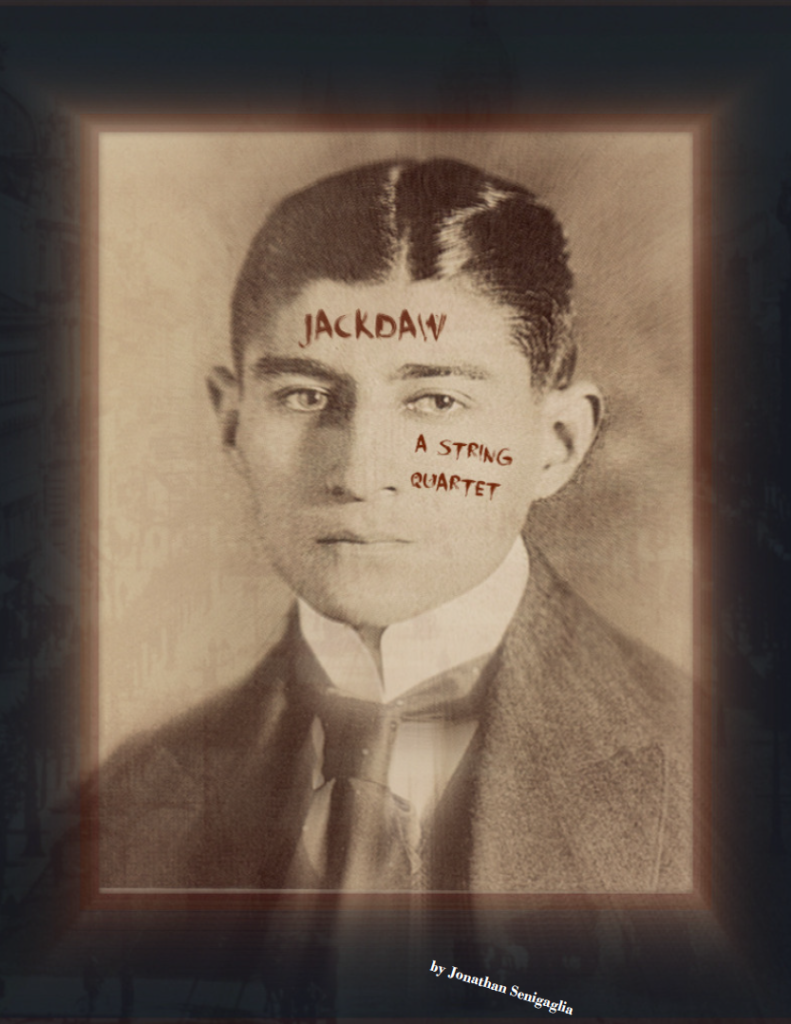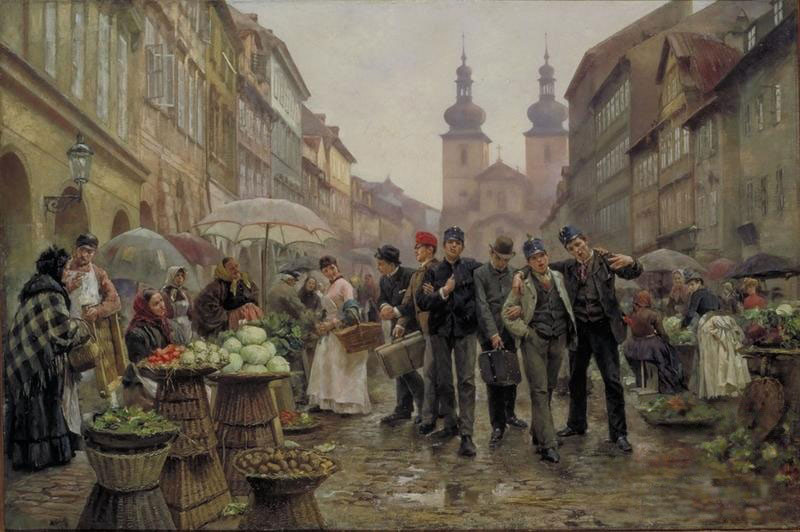
“This is not a city. It is a fissure in the ocean bed of time, covered with the stony rubble of burned-out dreams…”
Franz Kafka, writing about Prague
Franz Kafka grew up in the Jewish ghetto of Prague, one of the most ancient Jewish communities in Europe. My own Jewish ancestors also lived in the Jewish quarters of various European cities. The ghetto can mean so many things to the person who grows up there. It can mean a prison. It can mean the memory of one’s grandmother making soup on a Sunday afternoon. It can mean the cold, emotionless face of a police officer, or it can mean freshly baked bread, or a baby’s first breath. It can mean poverty. It can mean the language and hopes and stories and memories everyone shares there, and how those same hopes and memories have been shared by generation upon generation, leading backward into the endless abyss of time. The ghetto can house one’s cultural identity, one’s ancestors, one’s fondest and darkest memories. It can shape one’s sense of self and fears and hopes for the future. It can be detested and longed for all in the same moment.
I wanted this music to convey a sense of wistful nostalgia. The movement is a series of vignettes, or memories, that come and go as the music progresses. Memories of one’s own childhood, faces of people we’ve loved, a deep longing to return to a place and time that perhaps only ever existed in our memory. We smooth over the real details of our upbringing, of the culture that shaped us, until all that remains is a blurry recollection that is more feeling than memory.

I’m Jewish too, so of course the music is also about that. My own ancestors lived in the Jewish quarters of various European cities. For hundreds and hundreds of years they lived and worked and loved and laughed and built their communities. I stand on top of the rubble of those countless generations, and one day will become part of it. Yet despite that, I’ve never felt very connected to my ancestors, to their culture and memories and lives, to their religion and beliefs, to their struggle fleeing persecution, to what they left behind, to a way of life that is gone forever. I’ve always wanted to feel that connection, but it’s not something that can be forced. I grew up here in California in a secular family, far from the trials and rituals and religious teaching that my ancestors knew well.
This music is about longing: a longing to feel connected to something ancient, about a nostalgia for a world I’ve never seen, for a family I’ve never known, for a culture that isn’t my own. I can reach back in time and try to remember the Jewish quarter as it existed once, remember my ancestors as they lived and loved and prayed and raised children and died, remember my own heritage.
Freshly baked bread, a baby’s first breaths, a lover’s embrace, a tattered prayer book, my grandmother’s soup.
